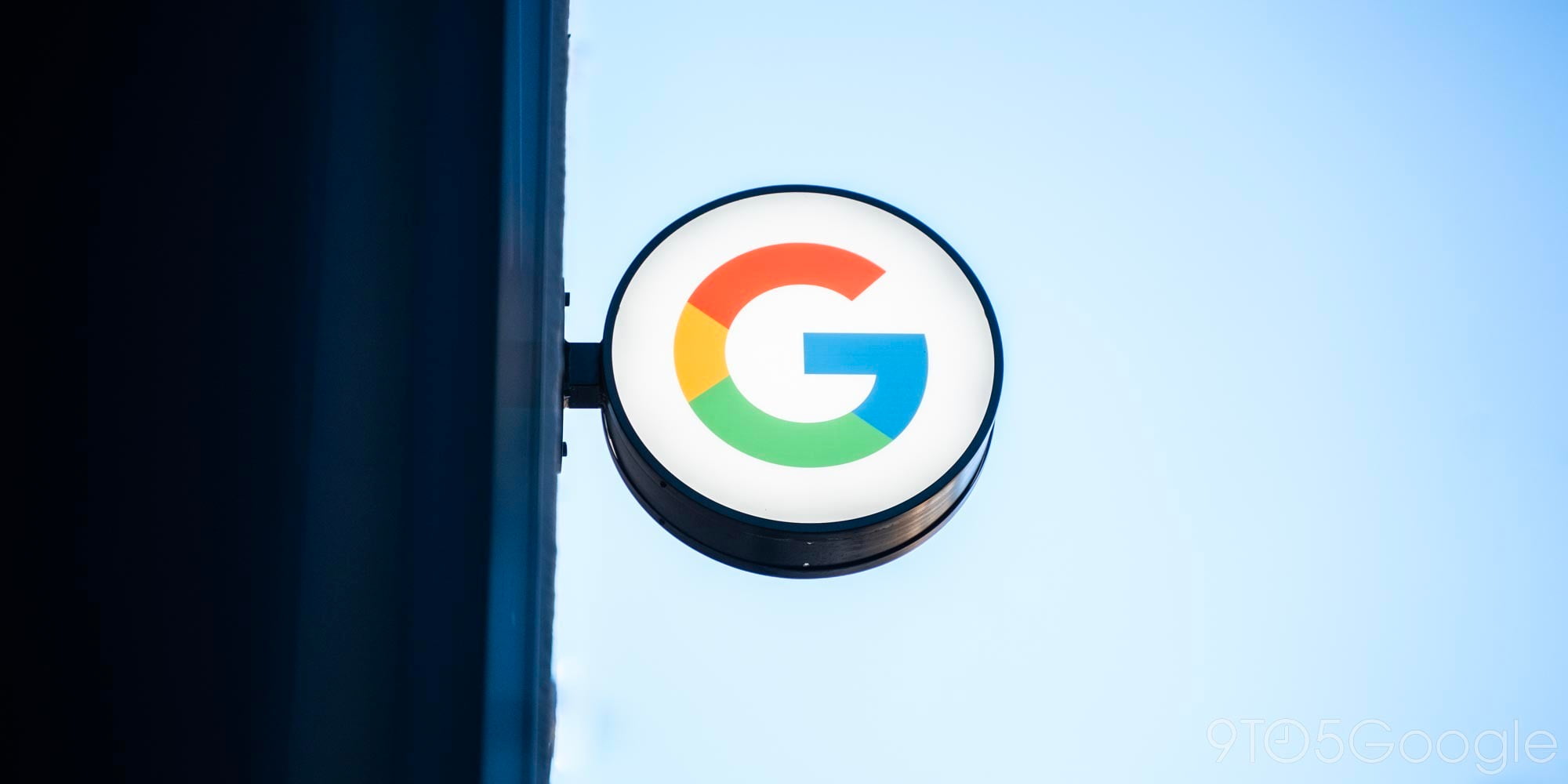
Google’s latest news initiative has Search “elevating original reporting.” This will see articles that broke a story — instead of reblogs — be prominently featured to people searching and stay visible longer.
According to Google, this is meant to account for how “original reporting on a subject doesn’t always stay in the spotlight for long” in today’s “fast-paced world of news.”
Many news articles, investigations, exclusive interviews, or other work can be so notable that they generate interest and follow-up coverage from other publications. And in other cases, many stories cover a single news development, with all of them published around the same time. This can make it difficult for users to find the story that kicked everything off.
In the past, Search would “typically show the latest and most comprehensive version of a story in news results.” Google is now highlighting articles identified as “significant original reporting.” In practice, this give less priority to sites that just reblog original content without adding much information, though the latest articles will still appear. Google has yet to detail how this shift will look visually or in practice, but it will be applied to products around the world.
Such articles may stay in a highly visible position longer. This prominence allows users to view the original reporting while also looking at more recent articles alongside it.
Behind the scenes, Google has updated its rater guidelines for the over 10,000 reviewers that help Search’s ranking algorithms understand the authoritativeness of individual pages. Changes to emphasize original reporting include:
To illustrate the update, in section 5.1 of the guidelines, we instruct raters to use the highest rating, “very high quality,” for original news reporting “that provides information that would not otherwise have been known had the article not revealed it. Original, in-depth, and investigative reporting requires a high degree of skill, time, and effort.”
In addition to recognizing individual instances of original reporting at the page level, we also ask raters to consider the publisher’s overall reputation for original reporting. That update in section 2.6.1 reads: “Many other kinds of websites have reputations as well. For example, you might find that a newspaper (with an associated website) has won journalistic awards. Prestigious awards, such as the Pulitzer Prize award, or a history of high-quality original reporting are strong evidence of positive reputation.”
FTC: We use income earning auto affiliate links. More.

Comments